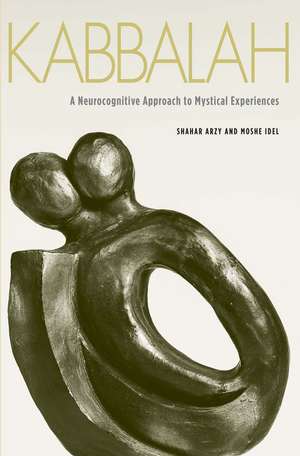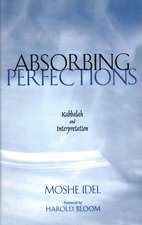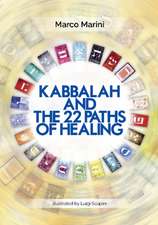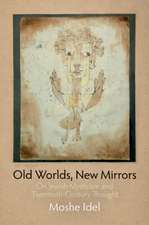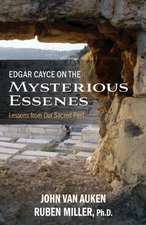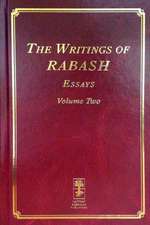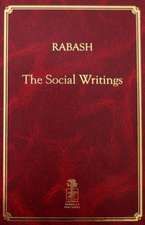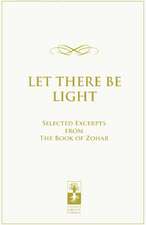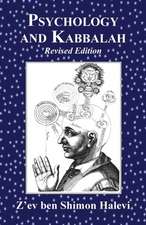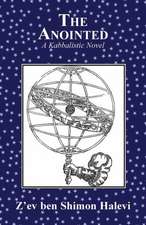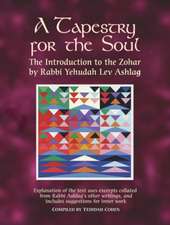Kabbalah: A Neurocognitive Approach to Mystical Experiences
Autor Shahar Arzy, Moshe Idelen Limba Engleză Hardback – 30 iun 2015
Preț: 485.51 lei
Nou
92.91€ • 100.89$ • 78.05£
Carte tipărită la comandă
Livrare economică 22 aprilie-06 mai
Specificații
ISBN-10: 0300152361
Pagini: 216
Ilustrații: 10 b-w illus.
Dimensiuni: 140 x 210 x 19 mm
Greutate: 0.36 kg
Editura: Yale University Press
Colecția Yale University Press
Notă biografică
Recenzii
Descriere
In this original study, Moshe Idel, an eminent scholar of Jewish mysticism and thought, and the cognitive neuroscientist and neurologist Shahar Arzy combine their considerable expertise to explore the mysteries of the Kabbalah from an entirely new perspective: that of the human brain. In lieu of the theological, sociological, and psychoanalytic approaches that have generally dominated the study of ecstatic mystical experiences, the authors endeavor to decode the brain mechanisms underlying these phenomena. Arzy and Idel analyze first-person descriptions to explore the Kabbalistic techniques employed by most prominent Jewish mystics to effect bodily reduplications, dissociations, and other phenomena, and compare them with recent neurological observations and modern-day laboratory experiments.
The resultant study offers readers a scientific, more brain-based understanding of how ecstatic Kabbalists achieved their most precious mystical experiences. The study further demonstrates how these Kabbalists have long functioned as pioneering investigators of the human self.
